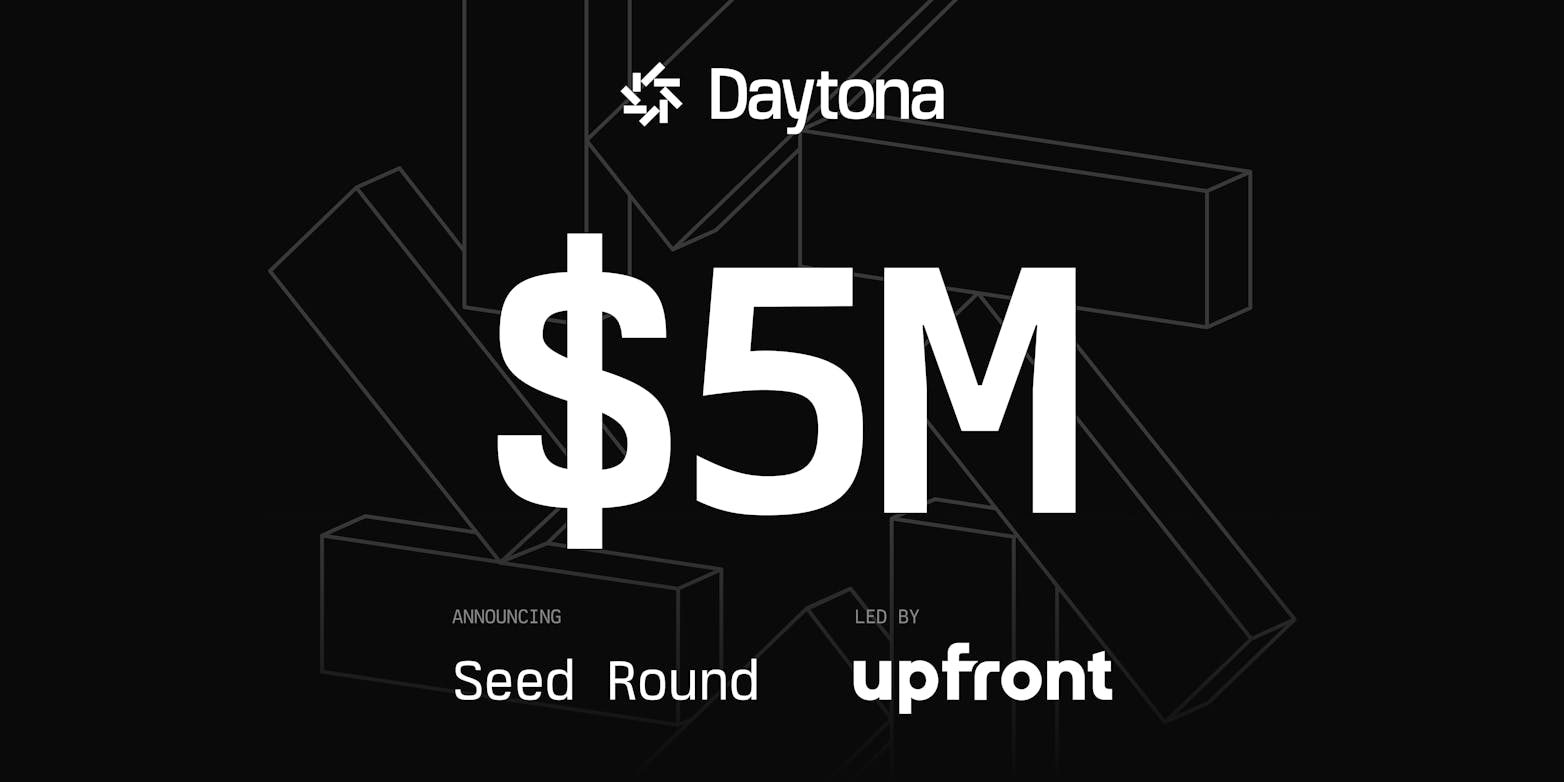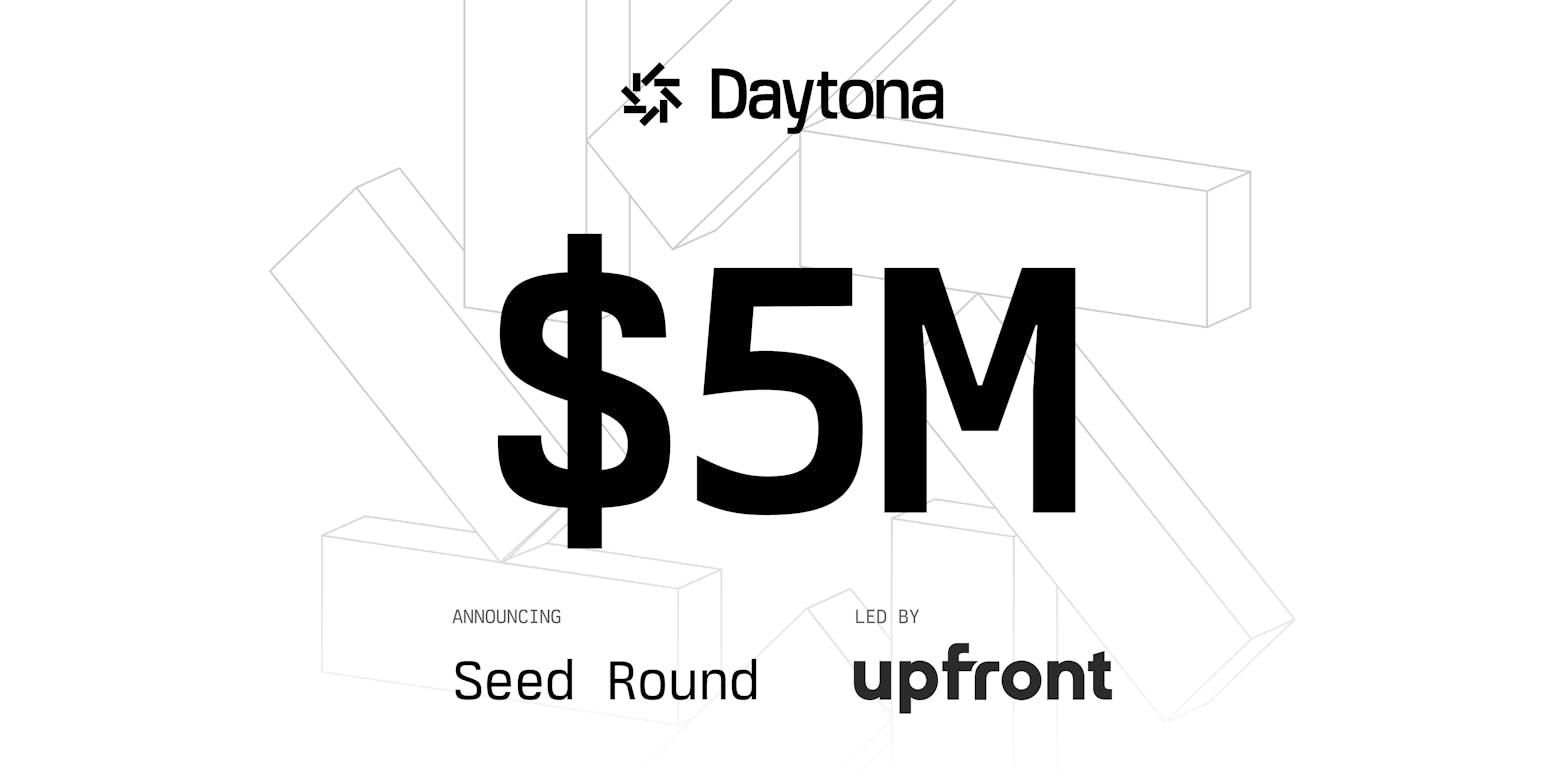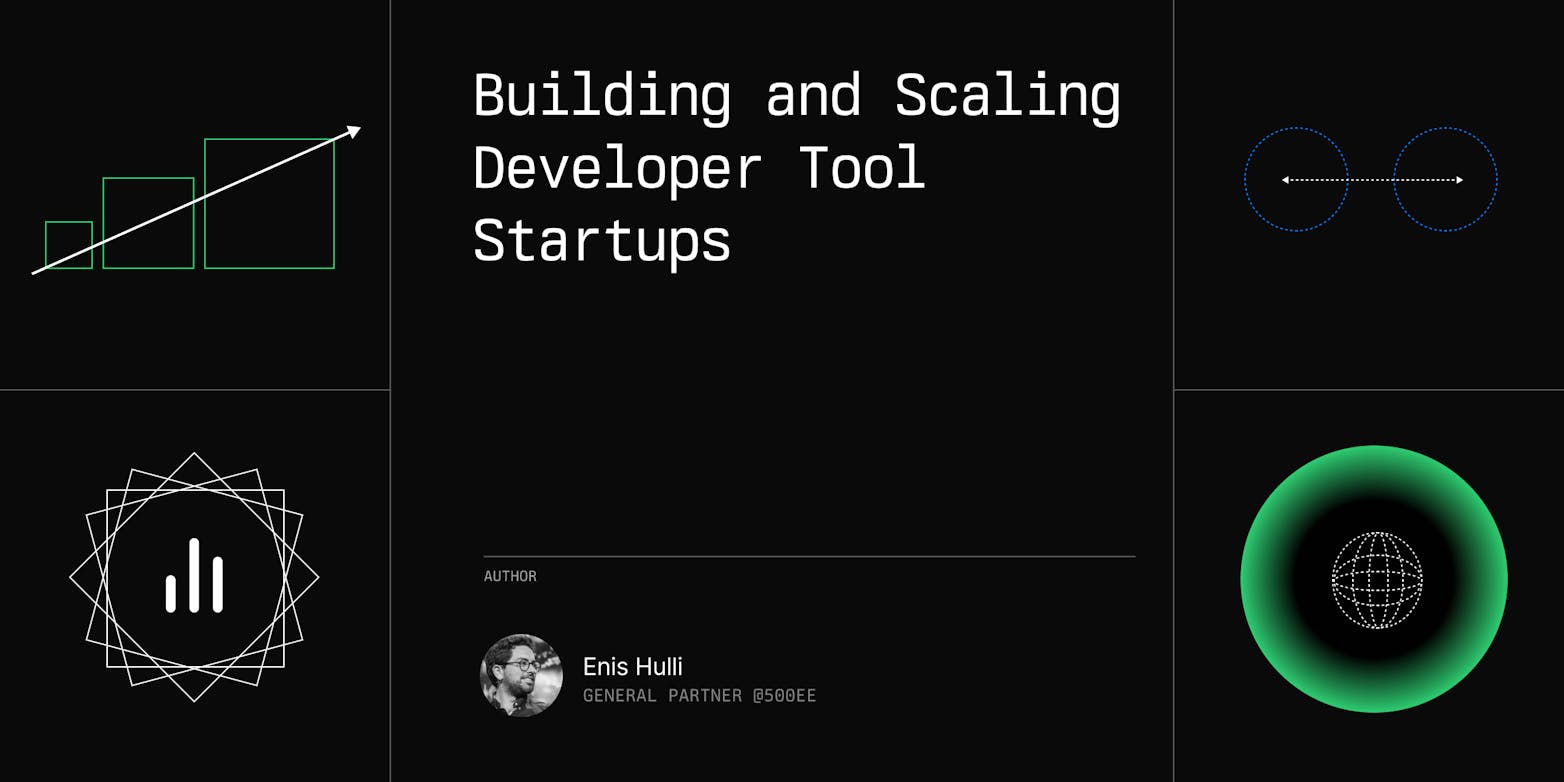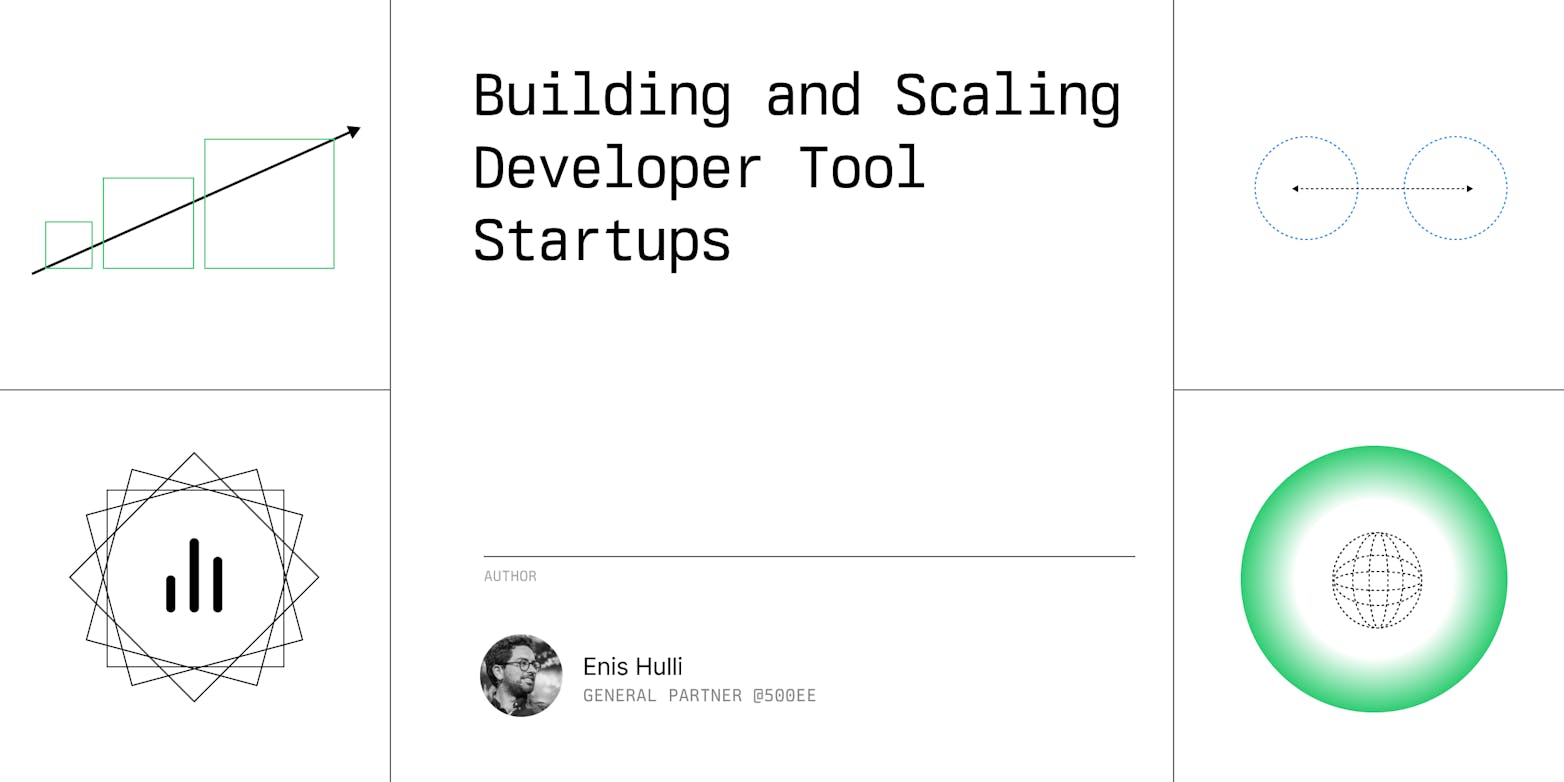I’m a general partner at Darkmode Ventures, where we focus on early-stage investments in developer tools and enterprise AI.
My journey to this role wasn’t linear. Before venture capital, I was a one-trick pony, building developer platforms at companies like Microsoft, Google, and even helping Slack in its early days at Twitch. I eventually sold my own company to Twitter, which marked a major turning point in my career. Now, I use those experiences to guide my investment decisions.
To be honest, it’s been more luck than brains. But here’s how I see it: when you work in a company, you’re basically making a VC bet. Instead of investing money, you’re investing time. If you pick the right company and make the right moves, you can get an amazing return.
TL;DR
Successful startups must prioritize customer needs over vanity metrics.
Platforms offer more scalability than tools, as they create ecosystems for others to build on.
VC funding is essential only for companies aiming for rapid growth; not all businesses need it.
Viewing Yourself as a Product
One unique thing about my journey is how I view myself: like a product. I started doing annual "release notes" for myself when I turned 30—Amir 3.0, Amir 3.1, and so on. I assess what’s improved, what’s still broken, and what needs work. For instance, I’m notoriously bad at responding to emails. After 10 years of trying to fix it, I’ve finally marked it as "will not fix."
This mindset of self-improvement mirrors what I expect from the companies I invest in. They need to continuously improve, just like a good product.
Focusing on the Customer
When investing, I look for founders who share an obsession with constant improvement. If you’re building a DevTool, ask yourself:
What can I improve to make my product better for my developers?
Here’s a real-world example: I was in a board meeting where the founders were focusing on growth metrics to impress investors. I pushed them to shift their focus to usage metrics. "Forget growth for now," I said. "Focus on making sure your current users love your product." They did, and it transformed their business. Once the product became something users couldn’t live without, scaling became much easier.
Focus on what’s right for your customer, not what looks good to investors.
Making Smart Bets as a Founder
When deciding where to invest, I break it down into three key factors:
Amazing Team: Can the founders pinpoint their biggest challenges and solve them? Do they have a solid dynamic with each other?
Total Addressable Market (TAM): Is the market big enough for the company to become massive? I’ll pass on a deal if the market is too niche, even if the product is great.
Fit: Can I help them? If the company is in a field where I don’t have expertise, I’m not the right investor.
A critical point: founder dynamics matter a lot. I’ve walked away from several deals because I didn’t see good relationships between co-founders. Founders who don’t work well together can sabotage a great product.
Platforms vs. Tools
There’s a big difference between tools and platforms. A tool is something developers build with, but a platform is something developers build on. Platforms offer far greater growth potential.
For example, platforms like OpenAI and Slack enable developers to create businesses on top of them. I was fortunate to work at Twitter, which was a platform. Developers still make money off Twitter’s ecosystem, and that’s the power of platforms. For every dollar Microsoft made on SharePoint, our ecosystem partners made $10. That’s an engine that can’t be matched by traditional marketing strategies.
Build something that allows others to be successful, and you’re building something truly scalable.
Amir Shevat
Do You Really Need VC Funding?
Here’s a critical point that many founders miss: not every company needs VC funding. Note: If you're building an open-source project or a side business, you likely don’t need venture capital. VC funding is for when you want to scale quickly and build a massive company. It’s a long road, often 7 to 10 years, and if you’re not committed to that, VC might not be the best fit.
One common misconception is that getting VC funding equals success. In reality, VC funding comes with the expectation that your company will grow fast and become huge. If you’re looking to build something smaller, you’re probably better off finding angel investors or alternative funding.
Key Points:
View yourself like a product: Track improvements and accept what can’t be fixed.
Focus on customer obsession: Prioritise building something your customers love, not just impressing investors.
Invest in platforms, not just tools: Platforms create ecosystems that drive growth.
Consider whether VC is necessary: If you want to grow a massive company quickly, VC makes sense. If not, there are other paths.
Final Thoughts
We’re still in the early days of developer platforms. Companies like Apple, OpenAI, and Atlassian are opening up ecosystems that offer huge opportunities for developers. If you’re thinking about building in this space, focus on creating platforms where others can succeed, and the growth will follow. The future is bright for developer tools, and I’m excited to see where it goes.









